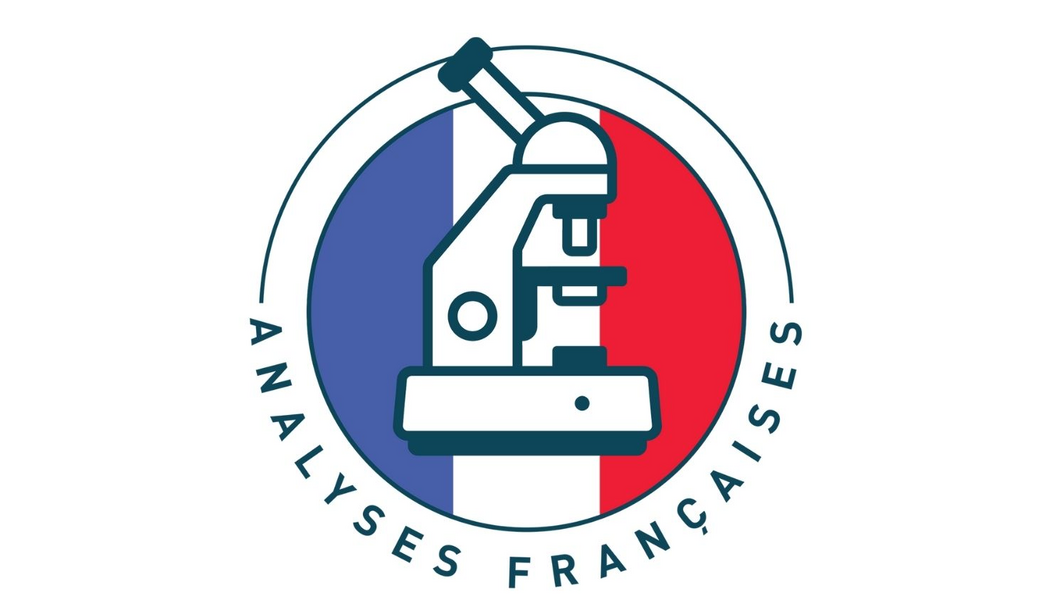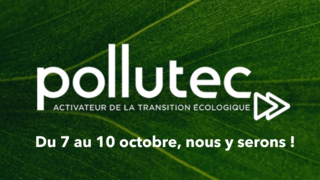WESSLING now offers biogenic carbon analysis
To continue to improve our support for customers in their waste recovery initiatives, WESSLING now determines the biogenic carbon content of the CO2 produced. This has a number of benefits for the companies involved (especially cement manufacturers and waste treatment companies).

Since waste is now being used as fuel in industry and the parapublic sector, characterisation of deposits has come into its own. The carbon contained in the waste is the key to its recovery.
The possibility of differentiating between carbon of fossil origin and carbon of biogenic origin allows better-quality waste product streams to be recovered. Furthermore, the regulations play a “financial” role in the recovery of products with a high biogenic content.
Companies that consume carbon (via combustion) are liable to pay the General Tax on Polluting Activities (GTPA) according to their CO2 emissions into the atmosphere. However, a tonne of CO2 of biogenic origin is taxed less than a tonne of non-biogenic CO2. In our analytical laboratory, we can determine the biogenic carbon content and reduce your carbon tax.
Determination of renewable carbon content by WESSLING
To determine the renewable carbon content, WESSLING carries out the appropriate analyses in its laboratory, situated in the Isère department in France. The company follows the EN 15440 standard or, since 1 January 2021, ISO 21644.
WESSLING uses three methods to determine the biogenic carbon content:
- The carbon 14 method
- Selective dissolution
- Manual sorting
The resulting report clearly indicates how much you will be able to deduct from your carbon tax bill.
Why have this analysis carried out at WESSLING?

- Rapid service
- Two methodologies available
- Analysis carried out in France, in the Lyon region.
Your direct contact
- Pauline Castillazuelo
- +33 6 13 51 29 59
- pauline.castillazuelo@wessling.fr




